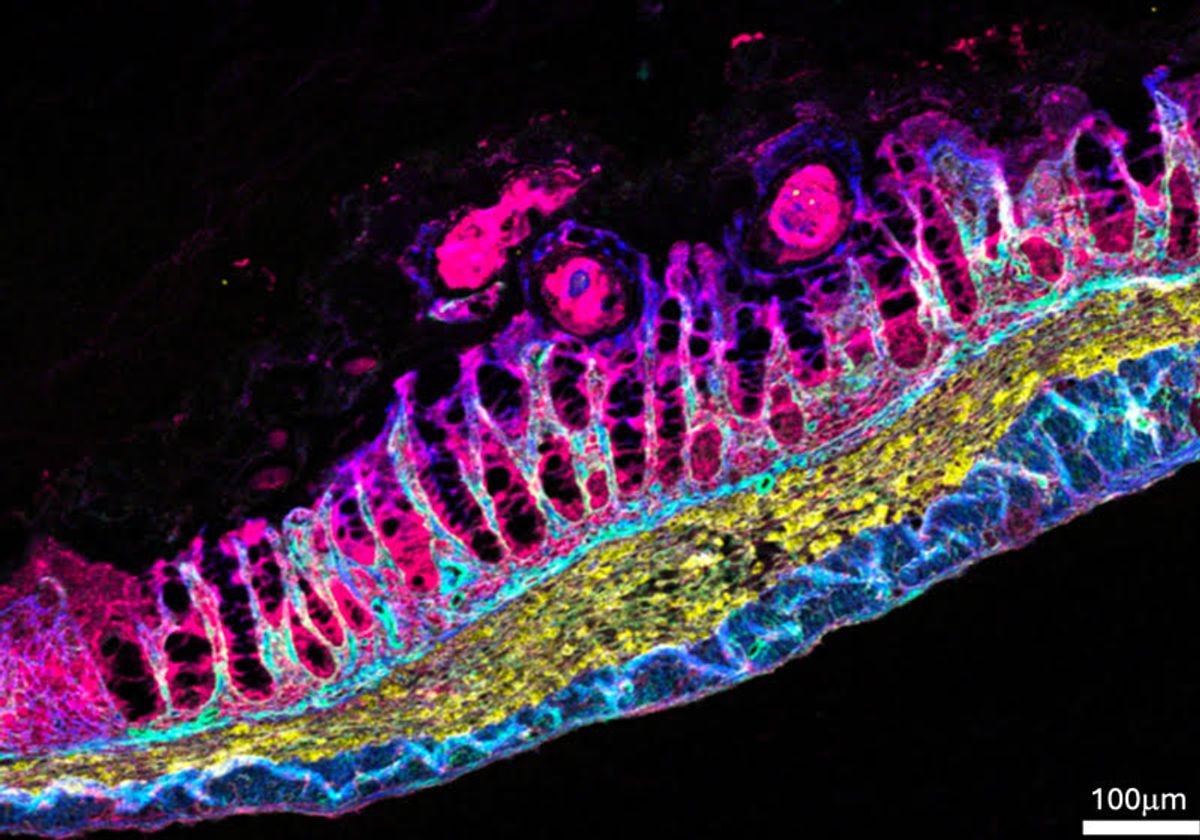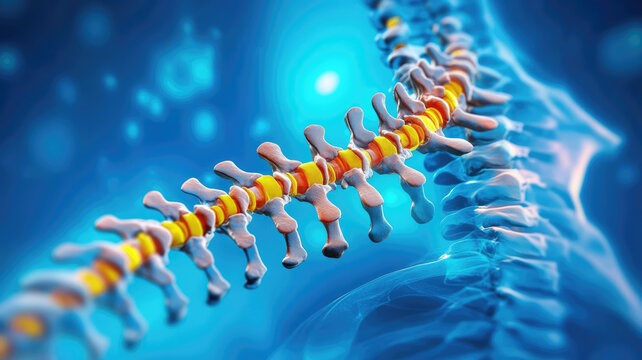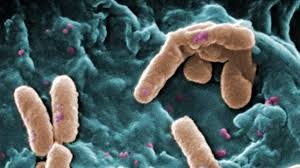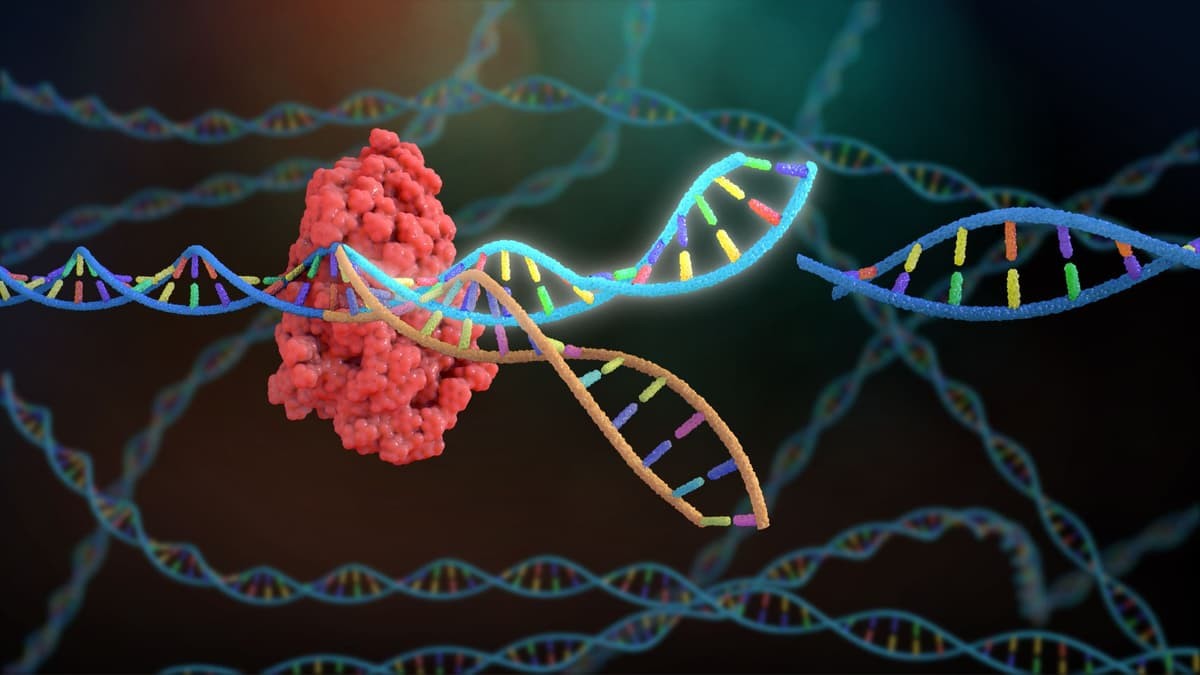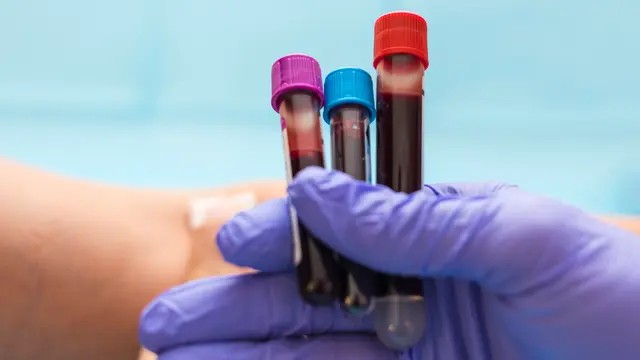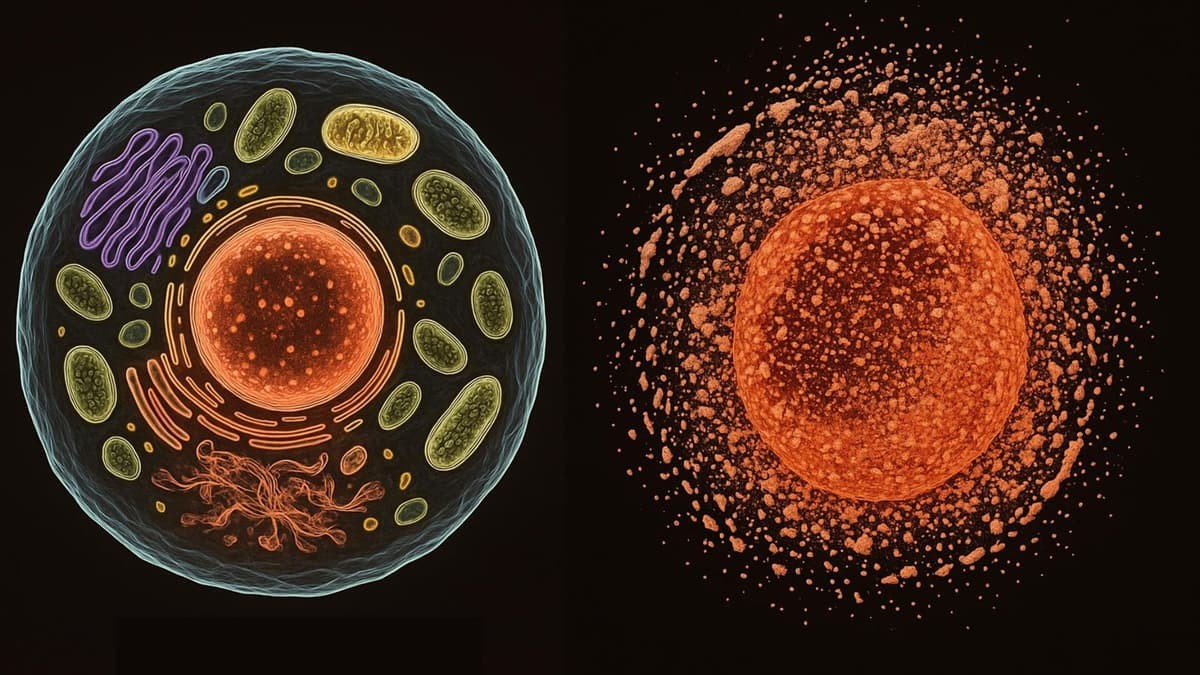How the Human Body Renews Itself—And What Happens When It Doesn’t
Imagine peering inside your body to witness a remarkable, hidden world in motion—over 30 trillion cells constantly renewing and regenerating to keep you alive. On average, men have around 36 trillion cells, while women typically have closer to 30 trillion. Every day, millions of these cells are replaced to keep organs functioning and systems running smoothly.
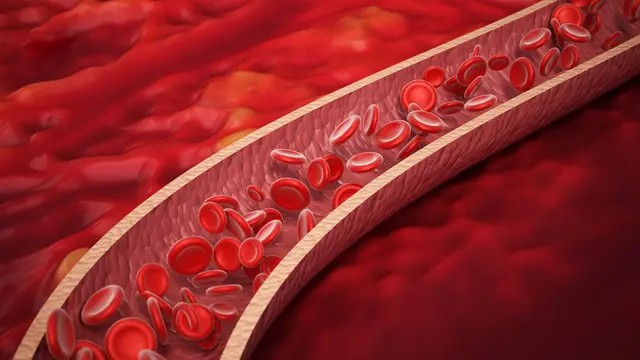
Figure 1.Red Blood Cells.
Red blood cells, for instance, are renewed roughly every 120 days by the bone marrow. The outer layer of your skin, the epidermis, regenerates about every four weeks, as new cells rise to the surface to form a fresh barrier. The digestive tract renews even faster: the stomach and intestinal lining regenerate in under a week, thanks to their constant exposure to food and stomach acid. Figure 1 shows Red Blood Cells.
Even bones—which might seem solid and unchanging—are in constant flux. Through a process of breakdown and renewal, the adult skeleton is essentially replaced every 10 years. The liver, known for its detoxifying role, regenerates its cells roughly every 150 to 500 days. Remarkably, in cases of alcohol abuse, liver function can visibly improve within months of abstinence, as damaged cells are swapped out for new ones—though the originals are lost, we remain recognizably ourselves.
How Does the Body Know When to Regenerate?
Regeneration isn't random—it's a finely tuned biological response. Professor Sumeet Pal Singh, an alumnus of IIT Kanpur and head of the Singh Lab, explains: “All organs can detect injury. Signals like inflammation, cell death, or mechanical damage trigger the surrounding tissue to respond.”
This response typically takes one of two paths: cellular proliferation, where new cells replace the damaged ones, or scarring, where connective tissue forms instead, often without restoring full function.
Scarring is one of the biggest barriers to successful regeneration. “Scar tissue can block new tissue growth and disrupt the cellular communication needed for proper healing,” Singh says.
Some organs, like the skin and liver, regenerate well. Others—like the heart or central nervous system—tend to scar, limiting their capacity to repair. These differences stem from evolutionary trade-offs. For some organs, speed of repair may be prioritized over perfect restoration.
Environmental factors also play a role. For instance, chronic alcohol use leads to liver fibrosis, progressively reducing the liver’s ability to heal itself.
Does Everyone Regenerate Equally?
Not exactly. A person’s regenerative ability depends on genetics, age, and lifestyle. Younger people generally heal faster, and some individuals inherit genes that promote better tissue repair. Others may have variations that hinder regeneration.
External factors like pollution, poor diet, and chronic stress can suppress the body's ability to heal. Conversely, good nutrition, regular sleep, and a positive mental state can enhance immune function and boost repair processes.
“The liver is a great example,” Singh notes. “It has a strong regenerative capacity, but this weakens with age or repeated damage. Conditions like diabetes and chronic inflammation also impair its ability to recover.”
While regeneration and longevity may be loosely linked, they aren’t directly correlated. A person with a regenerative liver might still suffer from age-related diseases elsewhere. However, maintaining healthspan—the number of years lived in good health—depends more on habits like exercise and stress reduction.
“Exercise enhances regeneration in tissues like muscle, liver, and even parts of the brain,” Singh explains. “Meanwhile, calorie restriction has been shown in animal studies to extend lifespan by lowering metabolic stress and reducing cellular damage.”
Cutting-Edge Research at CZ Biohub Chicago
At the forefront of regenerative medicine is the Chan Zuckerberg Biohub Chicago, led by Dr. Shana O. Kelley. The Biohub Network is developing cutting-edge tools to observe and control biological processes in living tissues.
“Immune cells play a critical role in tissue repair,” Dr. Kelley says. “So when we reengineer these cells, we have to be mindful of their natural roles.”
The Biohub’s New York branch focuses on programming immune cells to detect and correct abnormalities at the earliest stages—potentially halting disease before it becomes irreversible.
Kelley points out that chronic inflammatory diseases are the leading cause of death globally. More than half of all deaths are linked to inflammation-driven conditions, including heart disease, stroke, cancer, diabetes, autoimmune disorders, and neurodegenerative diseases [1]. Immune cells often drive the progression of these diseases through persistent inflammation that damages tissue over time.
In December 2024, CZ Biohub Chicago published a landmark paper in Science describing a miniaturized sensor system that can monitor inflammation in real time. “By tracking inflammation as it develops, we may be able to intervene earlier—and potentially prevent many chronic illnesses,” Kelley explains.
Currently, no existing technology can monitor inflammation at the molecular level in 3D living tissue. The Biohub’s researchers are now working on probes and microsensors to make this a reality, potentially transforming how we diagnose and treat conditions like heart disease, stroke, diabetes, and Alzheimer's.
Why Regeneration Isn't Always Enough
Despite the body’s impressive ability to heal, chronic diseases remain widespread. In the U.S. alone, over 129 million people live with at least one chronic condition.
According to Singh, the core issue is speed and overload. “Chronic diseases arise when damage accumulates faster than the body can repair it,” he explains. “Sometimes the body attempts to heal, but instead of full regeneration, it produces fibrotic tissue—a patch that fills the gap but doesn’t restore full function.”
In essence, the body’s regenerative systems are powerful—but not perfect. Understanding their limits, and finding ways to extend or enhance their capabilities, could hold the key to healthier, longer lives.
References
- https://interestingengineering.com/health/body-regeneration-cells-disease
Cite this article:
Keerthana S (2025), How the Human Body Renews Itself—And What Happens When It Doesn’t, AnaTechMaz, pp.415.


